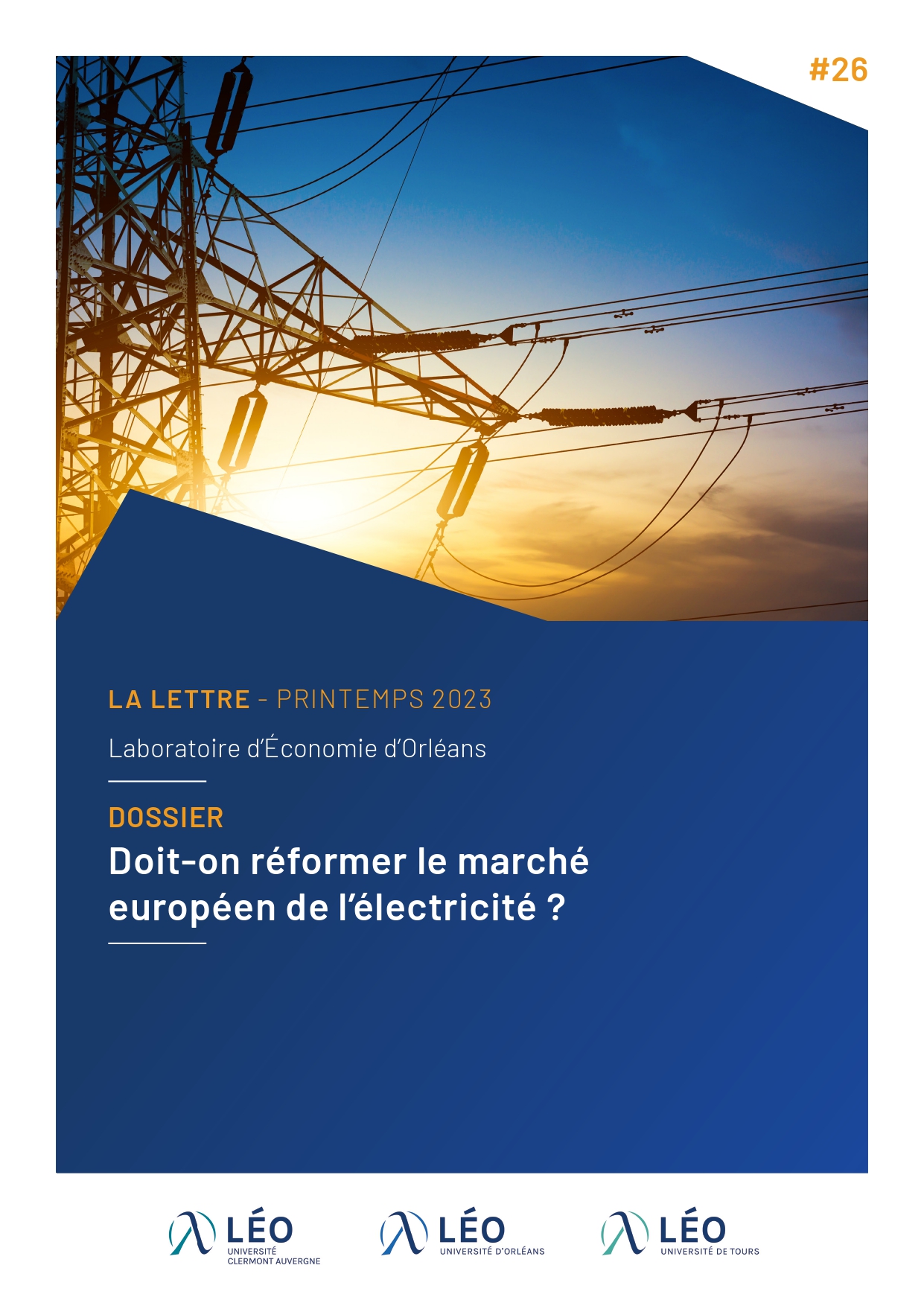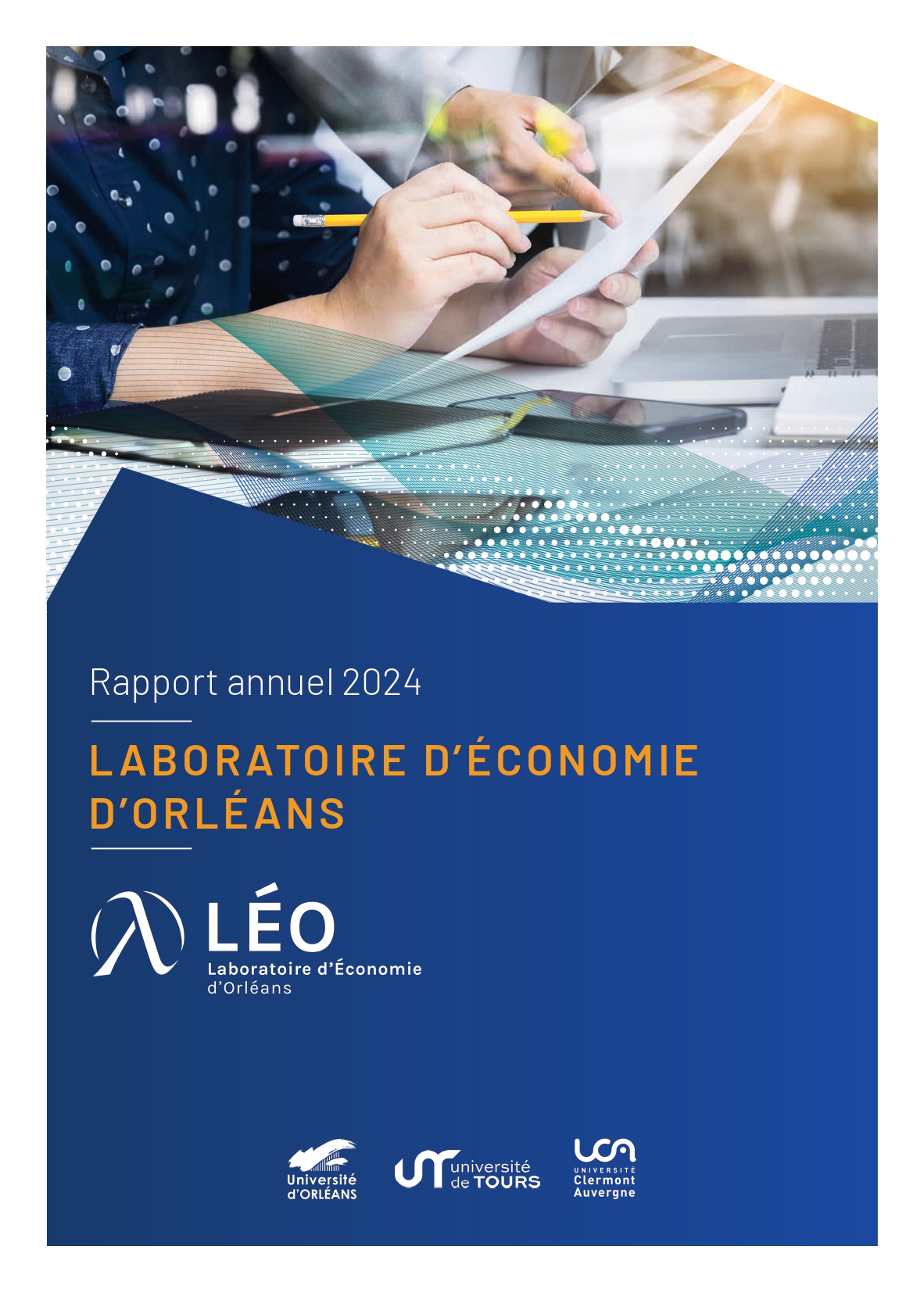
Intervention de Catherine BROS sur France Culture : les relations stratégiques entre l’UE et l’Inde
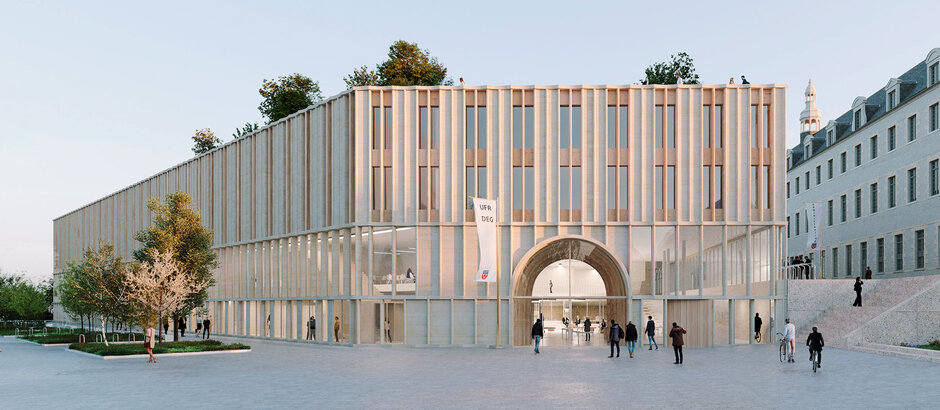
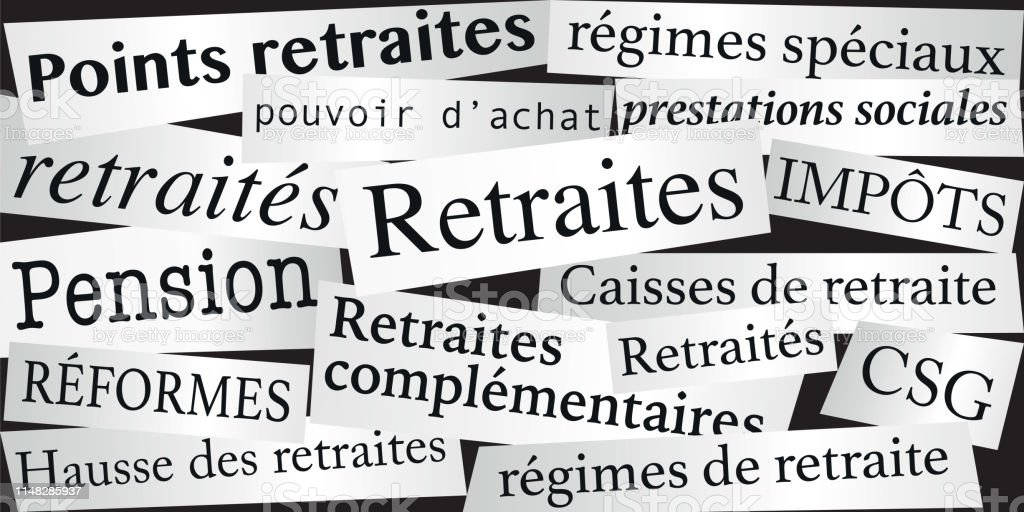
L'Économie en centre-ville d’Orléans : le LÉO et le futur campus universitaire ouvriront sur le site Porte-Madeleine en Septembre 2027
Pourquoi est-il si difficile de réformer les retraites en France ? Une réflexion d'Anne Lavigne, Professeur en économie au LÉO et conseillère au COR de 2016 à 2022
Le LÉO est un laboratoire d'économie rassemblant des enseignants-chercheurs de l'Université Clermont-Auvergne, de l'Université d'Orléans et de l'Université de Tours.
Il comprend une centaine de membres, dont les recherches couvrent trois grands domaines de compétence :
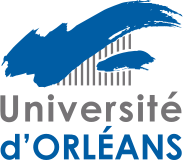

Intervention de Catherine BROS sur France Culture : les relations stratégiques entre l’UE et l’Inde
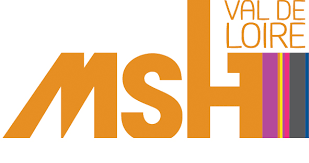
Journée d’étude “Le Seigneuriage”

EENR 2026 – Environmental Economics: a focus on Natural Resources

ORRM – Orléans Meetings on Responsible Resources

1ère Conférence Annuelle « Les ECOPOL »
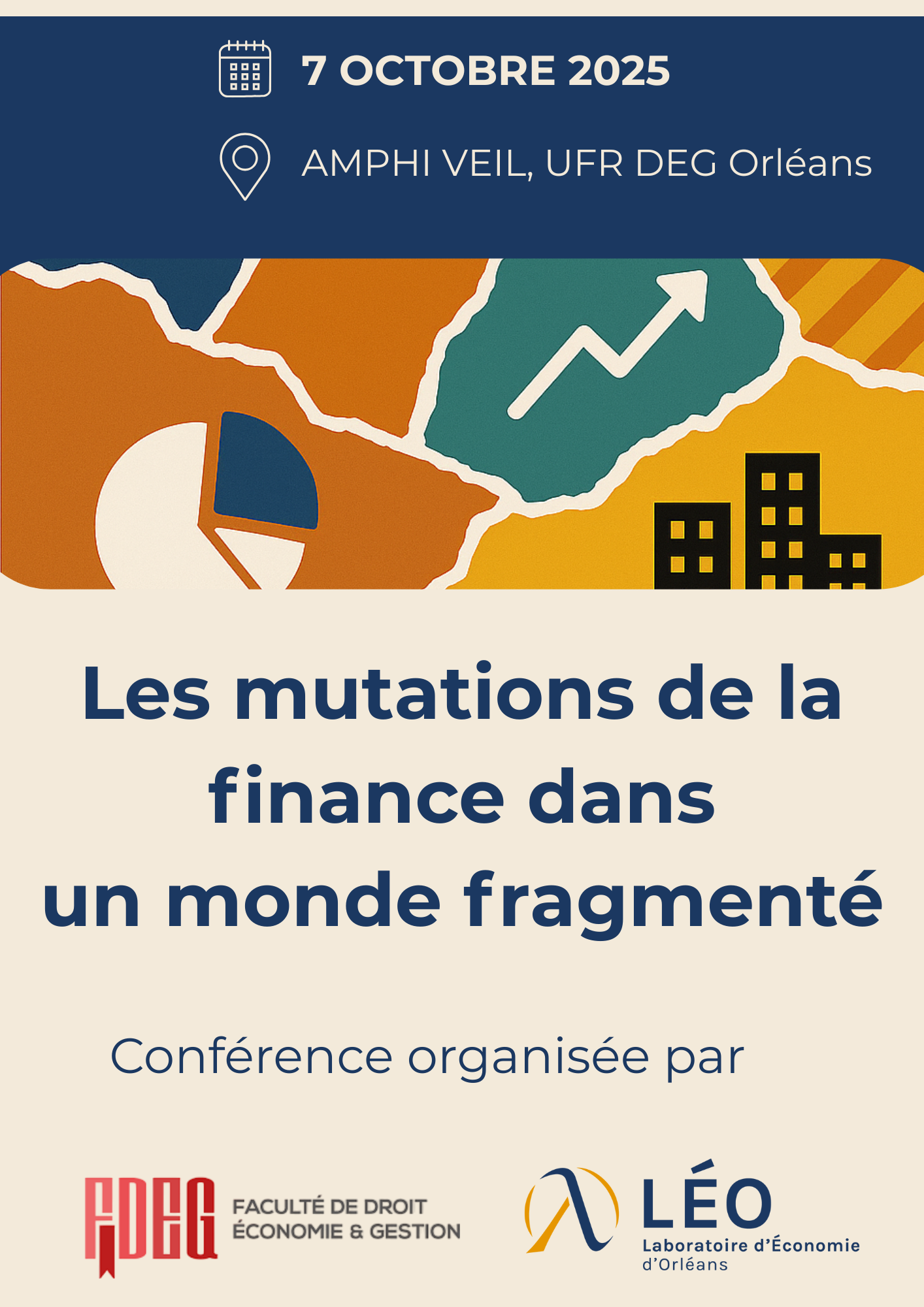
Les mutations de la finance dans un monde fragmenté
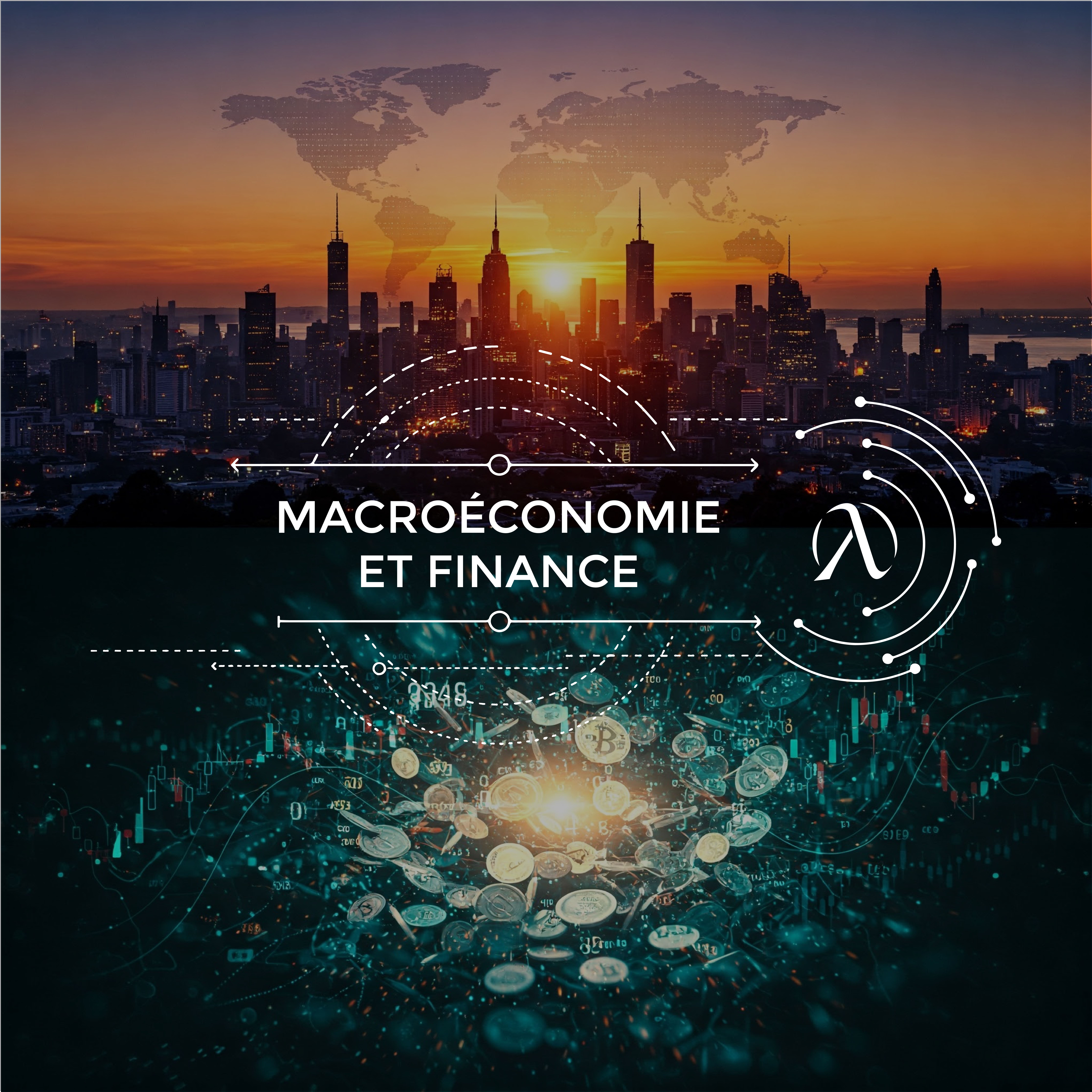
Replicating Bitcoin Performance: A Connectedness Analysis of Equity Portfolios
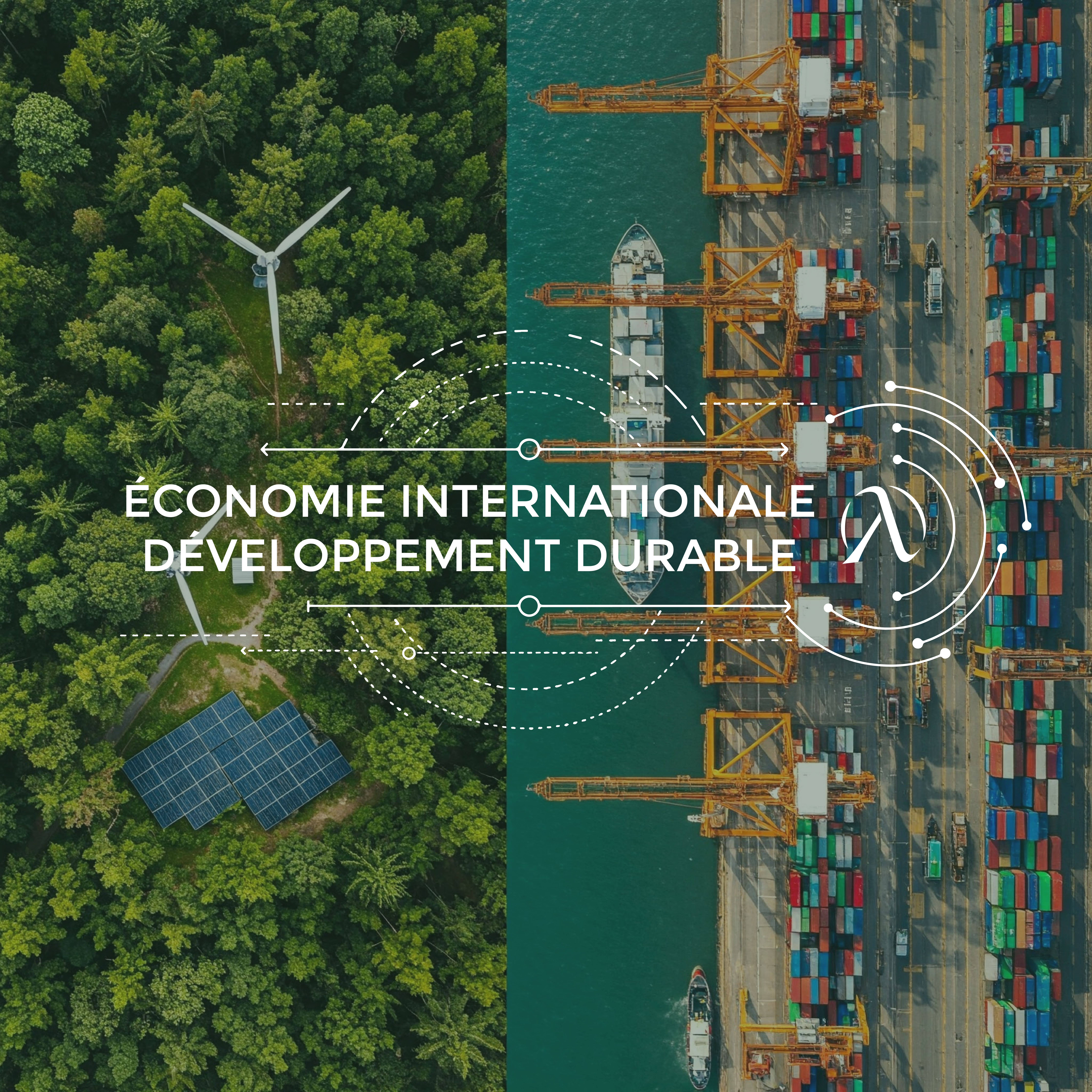
Transforming Under Pressure : Climate Risks, GVCs, and Structural Change

First-year PhD Students Presentation

Should I Wait or Should I Pay? The Dynamics of Private and Public Healthcare

Should the Central Bank react? Extreme Weather Events and Price Dynamics in the Philippines

Seeing Through the Algorithm: How Explainability Shapes Decision-Making on Robo-Advisor Platforms
Public Health as a Buffer for FDI: The Role of Healthcare Services in Economic Stability
Zahra Khalilzadeh Silabi
2026
Fiscal Rules and Environmental Spending: Navigating the Trade- off between Discipline and Green Priorities
Ablam Estel Apeti, Bao We Wal Bambe, Jean-Louis Combes, Pascale Combes Motel, Rayangnewendé Frans Sawadogo
2026
Algorithmic Transparency and Portfolio Choices: Field Evidence
Beatrice Markhoff Boulu-Reshef, Alexis Direr, Mehdi Louafi
2026
Explaining Algorithms: How Transparency Shapes Public Support
Béatrice Boulu-Reshef, Mehdi Louafi
2026
Sustainable Multi-Manager Portfolio Optimization under Factor Model Uncertainty
Benoit Begoc, Christophe Boucher, Patrick Kouontchou, Sessi Tokpavi
Journal of portfolio management - 2025-12-31
Starting a Non-Farm Enterprise to Escape Energy Poverty: Household Level Evidence from Rural West Africa
Moustapha Mounmemi, Arouna Kouandou
The Journal of Development Studies - 2025-12-01
Public Health as a Buffer for FDI: The Role of Healthcare Services in Economic Stability
Zahra Khalilzadeh Silabi
2026
Fiscal Rules and Environmental Spending: Navigating the Trade- off between Discipline and Green Priorities
Ablam Estel Apeti, Bao We Wal Bambe, Jean-Louis Combes, Pascale Combes Motel, Rayangnewendé Frans Sawadogo
2026
Algorithmic Transparency and Portfolio Choices: Field Evidence
Beatrice Markhoff Boulu-Reshef, Alexis Direr, Mehdi Louafi
2026
Explaining Algorithms: How Transparency Shapes Public Support
Béatrice Boulu-Reshef, Mehdi Louafi
2026
Effects of International Climate Agreements on Trade in Environmental Goods: The Kyoto Protocol
Ben-Vieira Kouassi
2025-10-14
Volatility during the Global Financial Crisis and COVID-19 pandemic through the lens of high-frequency data: a Realized GARCH approach
Denisa Banulescu-Radu, Peter Reinhard Hansen, Zhuo Huang, Marius Matei
2025-10-12

